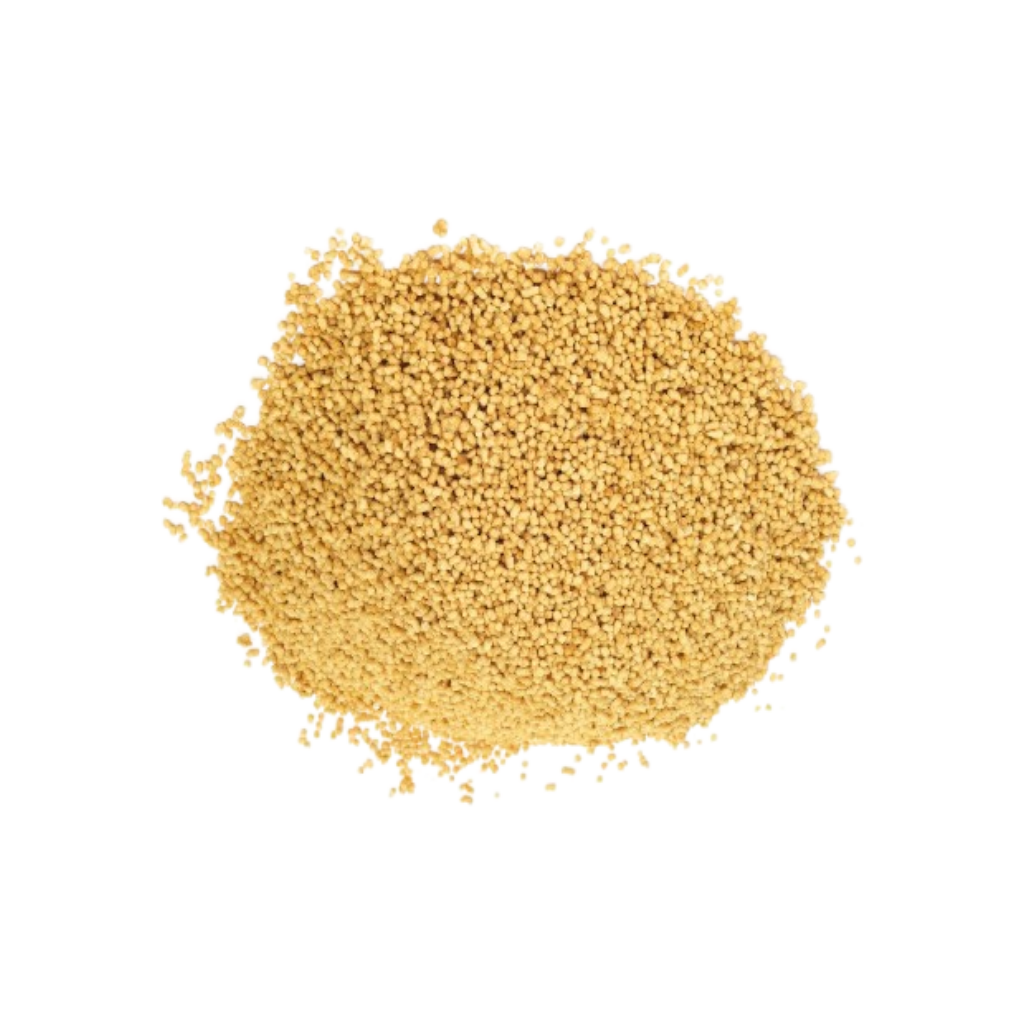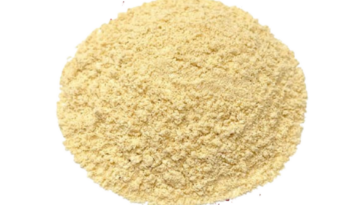Plant-based lecithin is a naturally occurring fatty substance that is extracted from various plant sources, such as soybeans, sunflowers, and rapeseed. Lecithin is known for its emulsifying properties, which means it helps to blend ingredients that would otherwise separate, like oil and water. This quality makes it a popular ingredient in food processing and manufacturing, as it improves the texture and stability of many products.
Here’s a closer look at the sources of plant-based lecithin:
- Soybeans: Soybean lecithin is perhaps the most common type of plant-based lecithin. It’s extracted from soybean oil during the refining process. Soy lecithin is widely used in food products such as chocolate, baked goods, margarine, and salad dressings.
- Sunflowers: Sunflower lecithin is another increasingly popular alternative. It is extracted from sunflower seeds and is often preferred by those looking to avoid soy products due to allergies or dietary preferences. Sunflower lecithin shares similar emulsifying properties with soy lecithin and can be found in various food products and dietary supplements.
- Rapeseed (Canola): Lecithin extracted from rapeseed, also known as canola, is another source of plant-based lecithin. Canola lecithin is utilized in a variety of food applications and is particularly valued for its neutral flavor profile.
Plant-based lecithin serves several functions in food production:
- Emulsification: As mentioned earlier, lecithin helps bind together ingredients that would otherwise separate, resulting in smoother textures and improved stability in products like salad dressings, margarine, and chocolate.
- Texture Enhancement: Lecithin can contribute to the creaminess of certain foods like spreads and desserts.
- Extended Shelf Life: By stabilizing emulsions, lecithin can help prolong the shelf life of certain food products by preventing the separation of ingredients and the development of rancidity.
- Nutritional Supplement: Lecithin is also used as a nutritional supplement due to its high phospholipid content, which is believed to support brain health and liver function.
Overall, plant-based lecithin is a versatile ingredient with various applications in the food industry, offering both functional and nutritional benefits.
Vitamins & Minerals:
Lecithin itself isn’t a direct source of most vitamins and minerals. Lecithin is a group of fatty substances found in plant and animal tissues. It acts as an emulsifier, helping to mix things together that normally wouldn’t, like oil and water.
However, lecithin does contain a significant amount of choline, a precursor to the neurotransmitter acetylcholine, which is important for brain function and memory. Lecithin from soybeans may also contain small amounts of:
- Phosphorus
- Potassium
- Vitamin K
Lecithin is typically derived from soybeans or egg yolks. These sources may contain other vitamins and minerals, but they are not inherent to lecithin itself.
Probiotic, Prebiotic, or Postbiotic:
Lecithin is neither a probiotic, prebiotic, nor postbiotic. It’s actually a type of lipid (fat) that’s commonly found in foods like egg yolks and soybeans. While it doesn’t directly impact the gut microbiome like probiotics, prebiotics, or postbiotics do, it can still have various health benefits, such as promoting healthy cell function and aiding in the digestion of fats.
Dietary & Health Information:
Plant-based lecithin is a fatty substance derived from plants like soybeans, sunflowers, and rapeseed. It acts as an emulsifier, helping to mix ingredients that wouldn’t normally blend together, like oil and water. This makes it a common ingredient in many processed foods, including baked goods, chocolate, peanut butter, and salad dressings.
Lecithin is also a natural source of choline, an essential nutrient that plays a role in brain health and cell function.
- Supports Brain Health and Cognitive Function: Lecithin contains phosphatidylcholine, a type of phospholipid that is a major component of cell membranes, including those in the brain. Phosphatidylcholine is believed to support brain health and cognitive function by aiding in the transmission of nerve impulses and supporting the structure of brain cells. Some research suggests that lecithin supplementation may improve memory and cognitive performance, though more studies are needed to confirm these effects definitively.
- Aids in Fat Metabolism: Lecithin is composed mainly of phospholipids, which are crucial for the emulsification of fats. Emulsification is the process by which fats are broken down into smaller droplets, making them easier to digest and absorb in the intestines. By aiding in fat metabolism, lecithin may help prevent the accumulation of fat in the liver and other tissues, potentially reducing the risk of fatty liver disease and other related conditions.
- Supports Liver Function: As mentioned, lecithin plays a role in fat metabolism, which is particularly important for liver health. The liver is responsible for processing and metabolizing fats, among other functions, and adequate levels of lecithin may help support these processes. Some studies suggest that lecithin supplementation may improve liver function and help protect against liver damage caused by factors such as alcohol consumption or certain medications.
- May Improve Cholesterol Levels: Lecithin contains compounds known as phospholipids, which have been shown to have cholesterol-lowering effects. Phospholipids are believed to help prevent the absorption of cholesterol from the diet and promote the excretion of cholesterol from the body. By improving cholesterol levels, lecithin may help reduce the risk of heart disease and other cardiovascular conditions.
It’s important to note that while there is some evidence to support these potential health benefits of lecithin, more research is needed to fully understand its effects and mechanisms of action. Additionally, individual responses to lecithin supplementation may vary, and it’s always a good idea to consult with a healthcare professional before starting any new supplement regimen.




 No products in the cart.
No products in the cart.